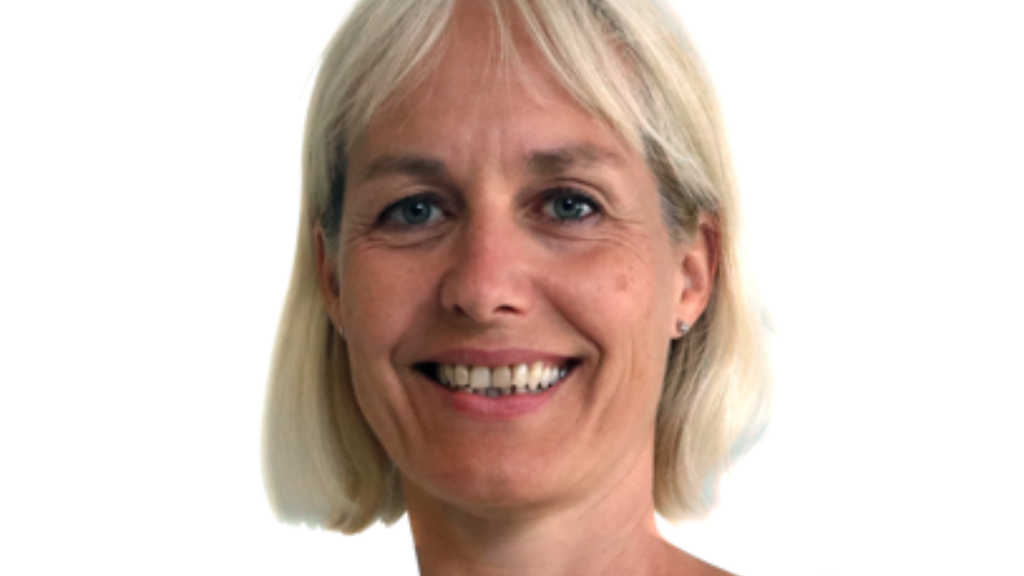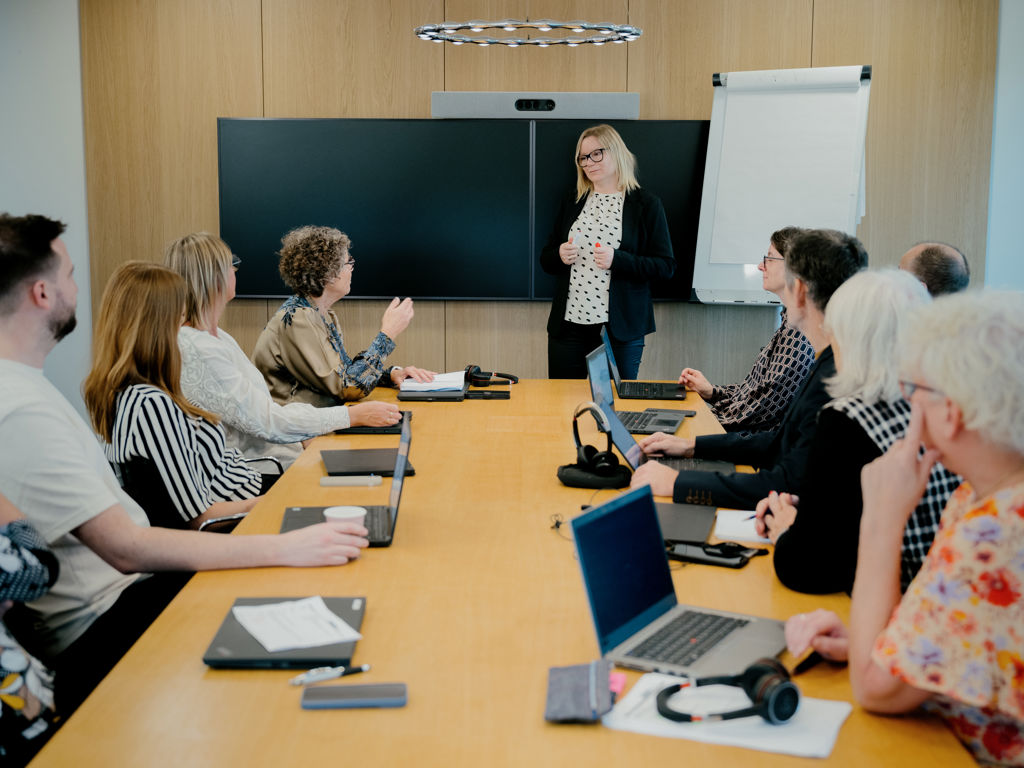Skills development is important – both for Danske Bank and the employees
Finansforbundet in Danske Bank regularly explains how important it is for you to increase your value in the labour market by means of ongoing competence development or further training.
We do this because we know that ongoing skills acquisition is important to you, for example to keep you up to date in your current job or to acquire new skills for new tasks or a job with a different job content.
But how does Danske Bank view skills development? We asked HR Development Partner Jytte Seidelin.
”First of all, I would like to stress that I agree with your consideration of the importance of continuous competence development. For the bank, skills development and ”lifelong learning” are a very important area. It is important for the bank and our customers that as an employer has the best and most qualified employees – and this can be contributed to by ongoing competency development”, she says and elaborates:
”We have a goal of committed employees who both thrive and perform and we work in an industry – no matter where you are in the bank – with full crunch. This places great demands on us as an employer and on all of us employees”

Skills development and Forward ’28
In connection with Forward ’28 Danske Bank has held a number of workshops where leaders from the organisation have examined the future competence requirements.
Some of the competences pointed out across the organisation are:
•Digital skills, including AI
•Self-insight, readiness for change and learning ability
•Holistic and sustainable advice, including the ability to form and create relationships,
•Be able to work efficiently and structured under given conditions
"The organisation is very aware that many of us need upgrading their skills in different areas – to different degrees, so we're striving to find good solutions," says Jytte Seidelin.
The answer to the big question
The big question we often ask in Finansforbundet in Danske Bank is:
How do I secure the time for competence development in a busy working day?
We immediately move this question to Jytte Seidelin:
”Of course it is also a question we often hear, and unfortunately we cannot find more hours ahead during the working day, but an aid could be to work with the way we think about competence development”
A good place to start might be to set yourself goals for your own skills development. what would I like and when? How do I know that I can best achieve my goals and how is this possible in terms of time?
"The next step is a dialogue with your leader, who can be a great sounding board, and must be able to see the sense in the competency development you want and have certainty as to how it can contribute to the development of the department and be integrated into other tasks that need to be solved”, she says.
Skills development can be a lot of things – from extended education to ”micro-learning” in your daily life. It may be inspired by feedback, wishes for other types of work assignments, part of your career development or other kinds of work assignments.
"I recommend that you use the help tools we have in our grow Universe on the HR portal as an inspiration and as a structure for the reflection process. As an employee, you can also strive to incorporate skills development as a natural part of your job and not necessarily as an add-on. If you can work with smaller bits at a time, it can be more manageable to deal with, so it does not feel like a big intervention in your working day.”
Do you reflect on what you learn?
Apart from the classical skills development, which can be a course together with colleagues from the bank or subject in the public education system, competency development may also include many other things.
These include new tasks, new relationships between employees or training in new systems, processes and legislative changes. I would recommend that you regularly set aside time for reflection. Spend a little time on yourself and reflect on everything you have already learnt: Gives yourself a loving, appreciative flap on your shoulder and then continues to consider the next step on your learning journey," says Jytte Seidelin
Good advice could be:
• Be curious. Grow a curious mind, it can support your desire to learn and explore
• Keep adapting. Embrace change and be open to new ideas and changing circumstances.
• Be consistent. Establish a habit of constant micro-learning, it will support and make you even more aware of your development
• Invest in your own development

Grow Universe @Danske
Danske Bank har samlet alt det, du skal vide om kompetenceudvikling og dine ønsker og muligheder i banken
Læs mere i Grow Universe (kræver adgang fra et Danske Bank device)






